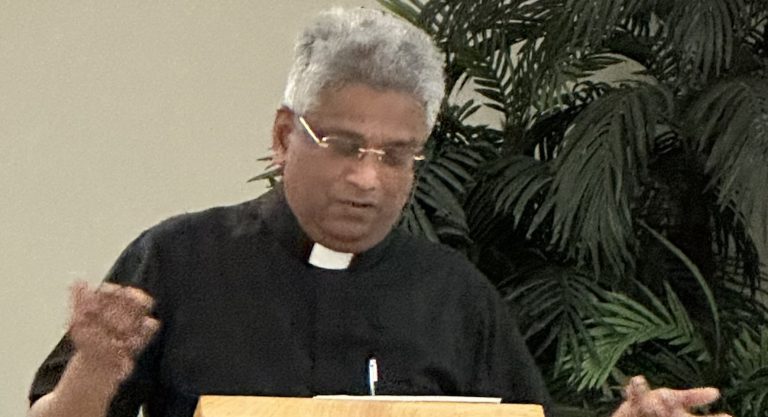First Reading • Genesis 18:20-32
Psalm • Psalm 138:1-2, 2-3, 6-7, 7-8
Second Reading • Colossians 2:12-14
Gospel • Luke 11:1-13
One of the signs that we are becoming more mature is that we are able to tell the difference between our wants and needs. When we are children, we don’t always know what is good for us. We might pester our parents to give us ice cream for breakfast because that’s what we want. However, they know that what we really need is nutritious, healthy food.
The same is true for our spiritual lives. When we approach God in prayer, we come with many needs and wants. Some of them are more urgent than others, but all of them arise from some desire that we keenly feel. If we are going to mature in the spiritual life, we need to learn how to distinguish our needs from our wants.
That is where the Lord’s Prayer, “The Our Father” comes in. In this beautiful prayer Jesus teaches us what we should be asking our Heavenly Father for. He shows us what our needs are as children of God. And He lays it out in the order of importance.
The prayer begins by addressing God as “Father”. In this prayer, Jesus is inviting us to an intimate relationship with God as Father. That need for a relationship with God as Father is our primary need.
It is the one we should be giving priority to if we are going to grow in spiritual maturity.
The way we do that is through prayer. Prayer has got to be a priority for us. And when we pray, we have to really open our hearts to God, sharing with Him our deepest desires, feelings, and fears. We have to be willing not only to speak but to listen to His still, small voice.
Without prayer, our need for a relationship with God our Father will not be met. When we make our relationship with God a priority, then everything else in our life falls in place.
We are happier, and our other relationships begin to flourish, because the deepest need of our heart is being fulfilled.
After Jesus invites us to address God as “Father”, He tells us to pray “hallowed be thy name.” When we pray “hallowed be thy name”, we are asking that God be given all the glory. We are expressing our need to recognize God as the highest good.
This prayer and the one that follows “your kingdom come” speaks to our need to put our lives at the service of God and His glory. When we prioritize God’s will over our own, then we will do great things and have a sense of peace and fulfillment.
Now Jesus tells us to ask our Heavenly Father for “our daily bread.” This petition speaks to our basic human needs for material things such as food and shelter. It also includes our emotional needs for belonging and friendship. We can ask with confidence because God is a good and loving Father who will never abandon His children.
It is by bringing the desires of our heart to God in prayer that we grow in distinguishing what we need from what we want. If we ask our Heavenly Father for something we want – no matter how good it might seem – He will not give it to us if it will hurt us.
At the moment, we might not be able to see how harmful it would be to us or others. We might wonder why God isn’t answering our prayer.
But, with time, it will become clear that we were asking for a snake when what we really needed was a fish. As the American country singer, Garth Brooks, puts it, “some of God’s greatest gifts are unanswered prayers.”
The next part of the Our Father, speaks to our need for mercy and forgiveness: “forgive us our sins for we ourselves forgive everyone indebted to us.”
We need to accept that we are not perfect. We fall short, and hurt ourselves and others.
And so, we need God’s mercy. We need to know that He is understanding and patient with us. At the same time, we need to be people who show understanding and mercy to those who have hurt us. We cannot receive forgiveness unless we are willing to show forgiveness.
Finally, Jesus tells us to ask God to spare us from the “temptation”. God is a Father who protects us. So, we do not need to fear. He will never allow us to be tempted or tested beyond our strength.
In every circumstance, He will provide us with what we need to endure it and, in the end, to succeed. If God allows it to happen, it is for our good.
Let us approach our loving Father each day with confidence, humility, and perseverance, trusting that He hears, He cares, and He gives us all that is good.

